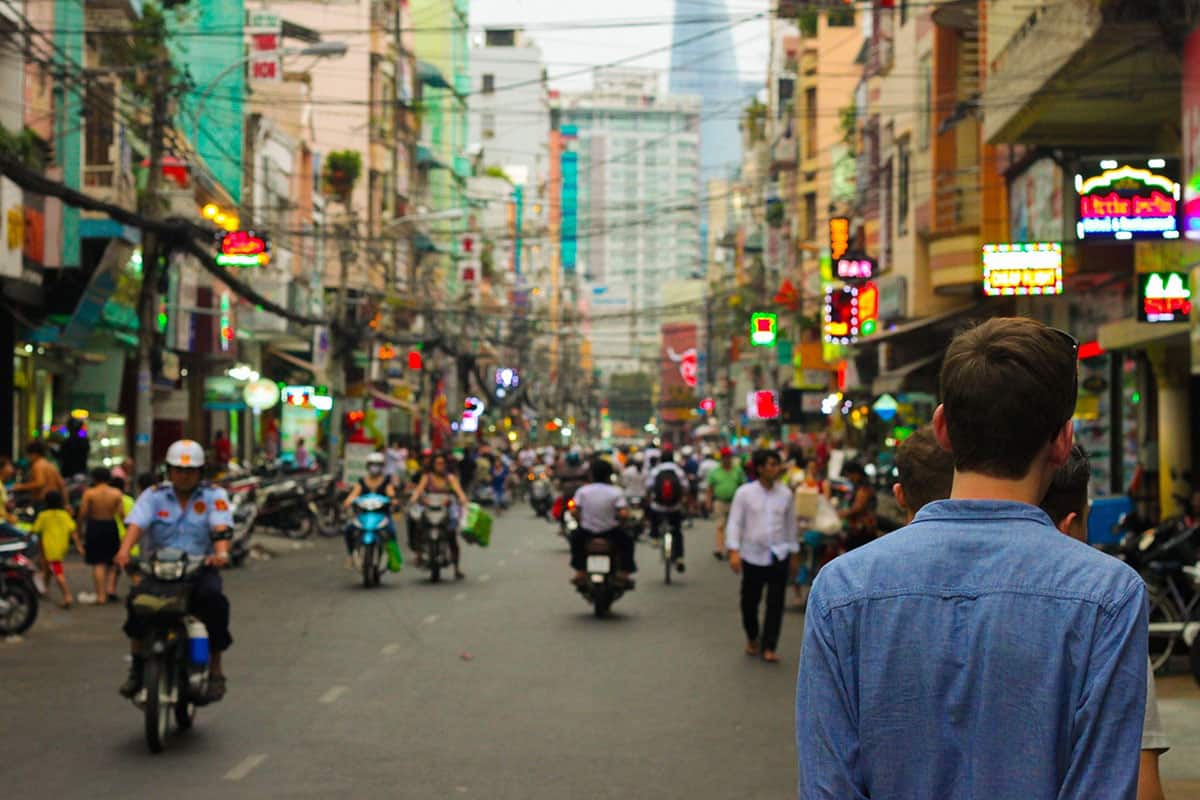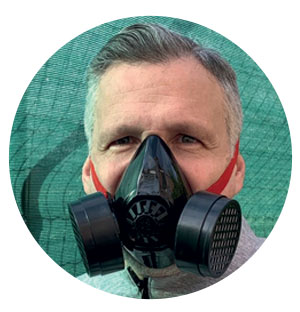Coronavirus: How are Chinese companies coping with the epidemic?

THE ANSWER FROM…China
The coronavirus hit during Chinese New Year, a time when 220 million people are on the move. Most airlines cancelled their flights to China. Many expatriates found themselves stuck abroad. As during the SARS epidemic in 2003, authorities sought to control information to avoid panicking the population. It’s likely that the virus has already spread far beyond what official reports indicate, but it seems much less dangerous than authorities and the general population fear. The paranoia level is astounding: people don’t let anyone get near them, and most shops and schools are closed. In certain Shanghai neighborhoods, no one is allowed to leave home between midnight and six AM, and spreading rumors is punishable by fines. It’s an end-of-the-world atmosphere…. The Chinese are used to living in close contact with the outdoors at all times. Cities are always swarming, every district has its own social life, people do their exercises in the streets… Now, everyone avoids all that, and only the security cameras are keeping an eye on the city.
In these conditions, doing business has become complicated, particularly because of restrictions concerning the use of buildings open to the public (including offices!). Almost everyone in my firm is teleworking, except for those living in Hong Kong. Security guards are stationed in front of commercial buildings to keep people from entering. The government even extended the New Year holiday to February 9. My company hasn’t been affected too much because we had already developed tools to enable us to manage a company at a distance: a system employing artificial intelligence to dematerialize and simplify the management of commercial enterprises. This system is helping a lot of my clients avoid any operational problems.Industrial enterprises, on the other hand, are having a harder time. It’s almost impossible for a factory without workers, drivers, etc. to continue to operate normally. In addition, if the SARS epidemic is any indication, this situation could last a lot longer than originally predicted. A lot of business leaders would like to shut down their companies during the crisis or restructure them to cope with financial losses caused by sanitation measures. Personally, I haven’t given in to paranoia. This virus isn’t that lethal; fewer die from this than from a common flu.
In my daily life here in the Huangpu district of Shanghai, I am teleworking myself and taking care of my eight-year-old daughter, who usually attends the French school. Guards are posted in front of residences and won’t let anyone enter, so we have to pick up our food deliveries at the main entrance. All this has drastically cut down on the exchanges that have traditionally driven the growth of consumption in China. On the other hand, the production of N95-type protective masks is booming. Prices have gone up 250% and a lot of counterfeit ones are being sold on the TaoBao site, the Chinese Amazon. I have one of my own: a model equipped with an FPP3/ABEK filter (the industrial standard) which provides maximum security. . . and a Darth Vader look!

STÉPHANE GRAND (MBA.97) has been living in China since 1991. In 2003, he launched the company SJ Grand Financial and Tax Advisory, which provides risk-management, accounting, restructuring and other profit-making support strategies to foreign companies operating in mainland China. Having experienced the SARS epidemic 17 years ago, he has not given in to the current paranoia around him.
Published by Julie Lassale

